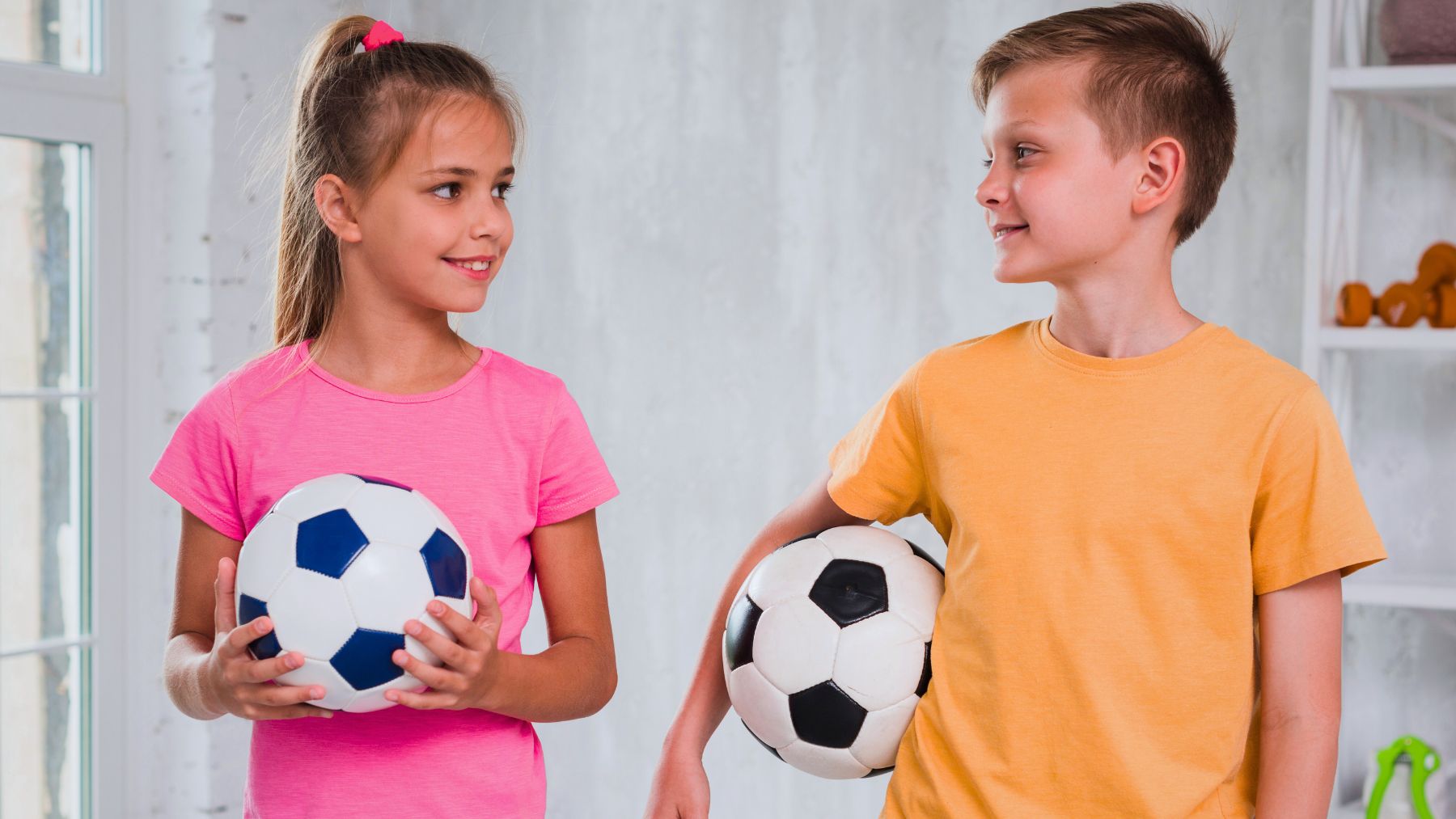When you consider sports that sharpen a child’s strategic mind, volleyball is emerging as a standout option. It helps develop critical thinking, teamwork, and adaptability in children under 10. Its blend of dynamic physical exercises and engaging mental challenges creates a unique environment for growth.
Here, we’ll explore why volleyball is especially effective in developing strategic skills in children, how it measures up against more traditional sports choices, and which complementary activities can enhance its benefits. Let’s get started.
Why volleyball helps build strategic minds in young kids
Volleyball presents constant decision-making. Every serve, pass, and spike requires rapid evaluation of where the open space is and which teammate is best positioned. These frequent, split-second decisions cultivate the ability to anticipate outcomes and lay a solid foundation for strategic planning and critical thinking.
Besides, volleyball calls for players to communicate and collaborate. Unlike solitary pursuits, the sport teaches children to trust their teammates’ unique roles, delegate responsibilities effectively, and solve problems collectively. These collaborative experiences not only boost athletic performance but also equip kids with essential interpersonal skills for group projects and social interactions.
From a physical perspective, it improves reflexes and coordination. Tracking the ball enhances hand-eye coordination while lateral drills boost agility. Beyond these physical benefits, the sport’s intermittent rhythm sharpens mental focus by encouraging children to remain alert during pauses and react swiftly when play resumes.
Lastly, volleyball instills resilience due to the unpredictable nature of the game. As matches can pivot quickly, young players learn to adapt when strategies don’t work, prompting them to experiment with alternative tactics. This flexibility not only fosters creative problem-solving but also encourages an innovative mindset that turns setbacks into learning opportunities.
Other interesting sports to foster strategy for ages 7 to 10
Although volleyball excels in strategic thinking, it’s not the only option for this age group. Below are four compelling alternatives that also bolster cognitive development and coordination:
- Basketball: Dribbling drills and passing exercises sharpen coordination and boost agility, while carefully planned plays cultivate spatial awareness and strategic thinking. Youth programs and community leagues in basketball promote these skills through structured coaching and friendly competition.
- Martial arts (judo/karate): The practice of patterned sequences demands rigorous memorization and meticulous precision. Besides, sparring sessions teach respectful competition and adherence to rules.
- Rock climbing: This activity encourages children to meticulously map out routes, assess potential risks, and overcome obstacles. Although it’s primarily an individual pursuit, it also emphasizes teamwork through practices such as belaying and cooperative safety checks, which are central to both indoor climbing gyms and outdoor climbing adventures.
- Chess: While lacking a physical component, chess is widely regarded as the quintessential strategy game. It teaches children to anticipate the opponent’s moves, effectively manage competitive pressure, and develop the ability to think several steps ahead.
Each sport brings its own set of cognitive benefits. Rather than committing to a single activity, the optimal approach is to allow children to sample a range of sports. Exposure to diverse challenges—from fast-paced, collaborative teamwork to quiet analytical thinking—helps them build a versatile toolkit for critical thinking.

